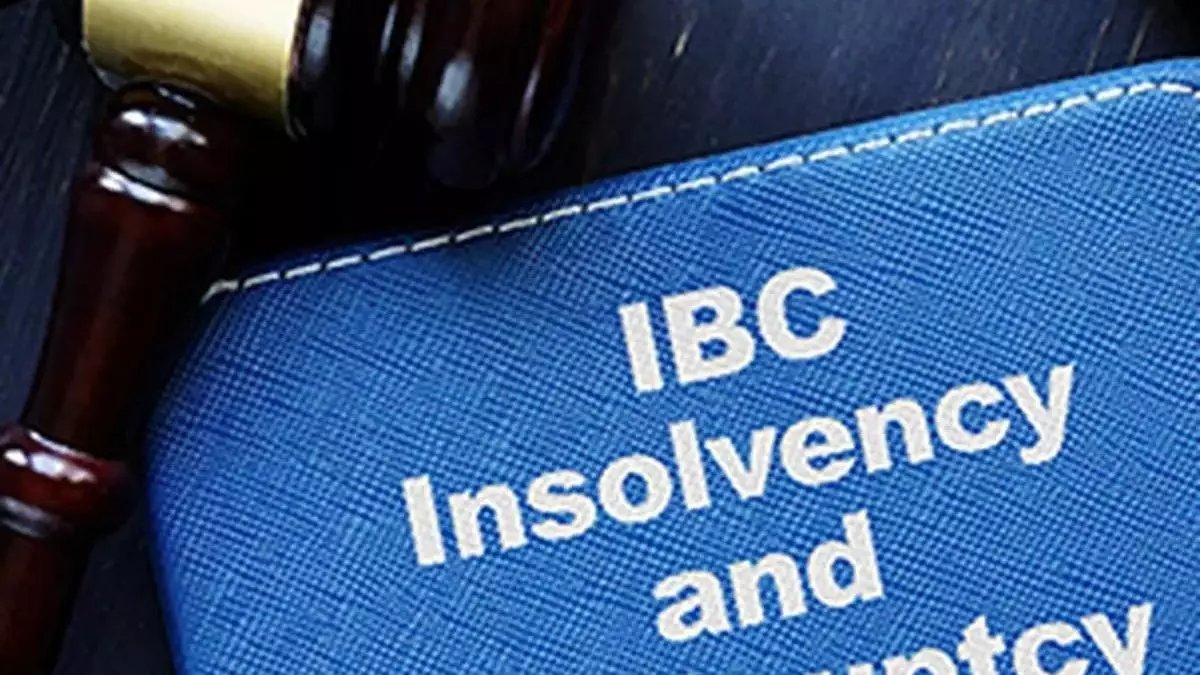Insolvency regulator IBBI has issued ‘Guidelines for Committee of Creditors’ to help conclude Resolutions under the IBC in a time-bound manner and maximise the value of the corporate debtor’s (CD) assets.
Under the Insolvency and Bankruptcy Code (IBC), the Committee of Creditors (CoCs) is a key decision-making body, especially in the context of rescuing the CD through a suitable resolution plan.
The CoC’s commercial wisdom drives the procedures to attain the objective of maximising the value of the distressed assets.
The Insolvency and Bankruptcy Board of India (IBBI) has now said that it is issuing these self-regulating Guidelines to foster more effective and time-bound decision-making by the CoC members. The guidelines would help stem the value erosion through curtailment of procedural delays, enhancement of transparency, and a coordinated approach to decision-making by the members of the CoC, IBBI has said.
For a member of the CoC, the Guidelines cover aspects such as Objectivity and Integrity; independence and impartiality; professional competence and participation; cooperation, supervision and timelines; confidentiality; costs; meeting of the CoC; sharing of information; and Feasibility and Viability of corporate debtor.
Commenting on the IBBI move, Hari Hara Mishra, CEO of the Association of ARCs in India, said, “During last Financial year ending March 2024, the realisation by creditors under IBC was 27 percent, exactly half of 54 percent recovery recorded in initial years. The present guidelines is an attempt to initiate measures aimed at value maximisation. The issue of having a code of conduct for creditors has been in discussions for last 3 years. The present guidelines for CoC will lead to a more coordinated approach by stakeholders and remove information asymmetry, address issues around transparency and conflict of interest. Positive for better and faster resolutions”.
Anjali Jain, Partner at Areness Law, said these guidelines comply more with the recent Delhi HC order as, ideally, the guidelines for creditors are a fallacy.
She said the creditors, as the interim custodians of the distressed company, can only be vested with more accountability and enhanced power without any deterrents.
“Even envisaging the detailed Code of Conduct for creditors would not have remedied the current procedural lapses, as mandating any disciplinary action out of the violations of the said code of conduct would not find any legal, structural, economical, social and ethical base in Indian context”, Jain said.
Misha, Partner, Shardul Amarchand Mangaldas & Co, said the IBBI’s self-regulating guidelines for the CoC is intended to enhance transparency and foster a coordinated approach in the decision-making process.



